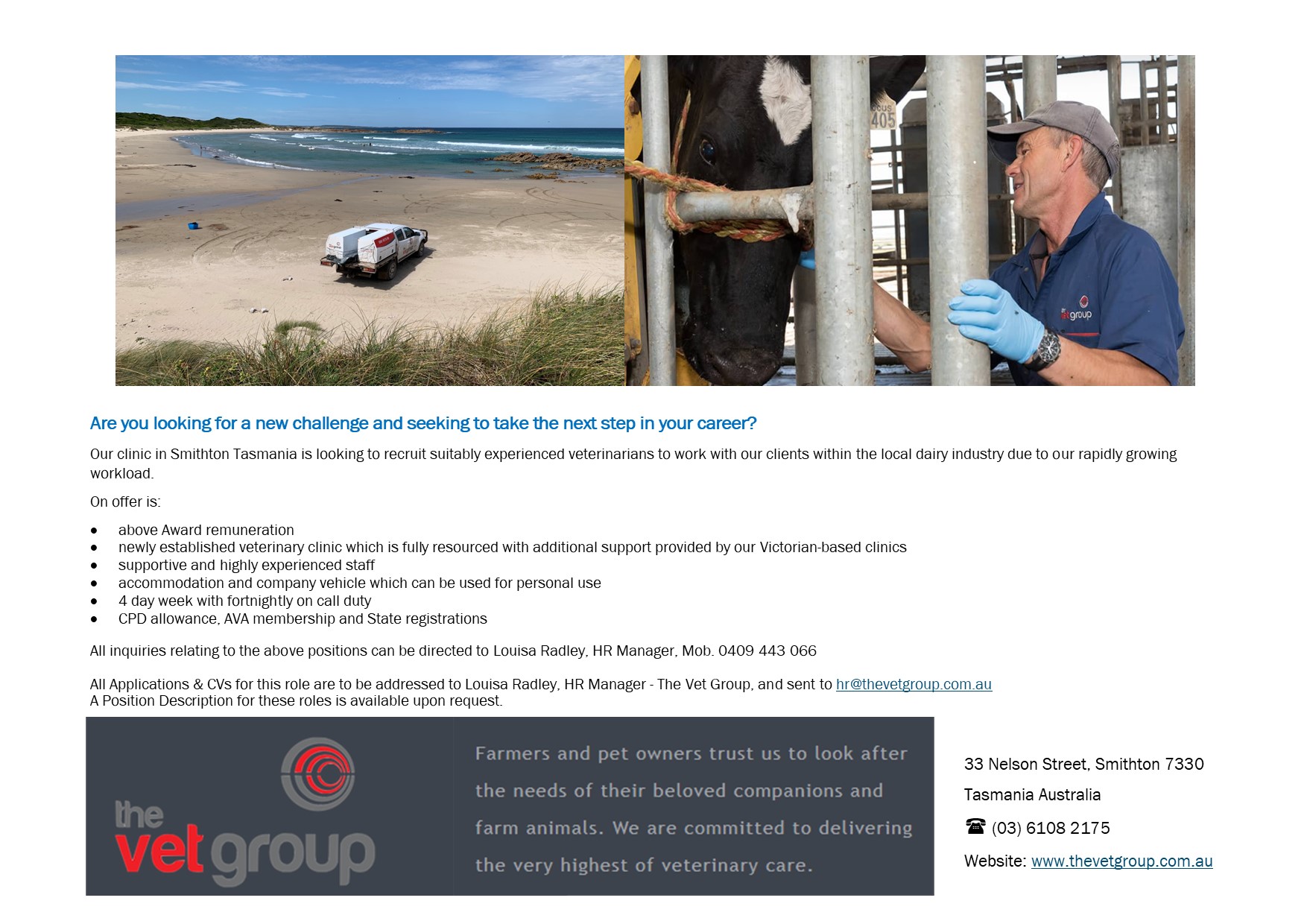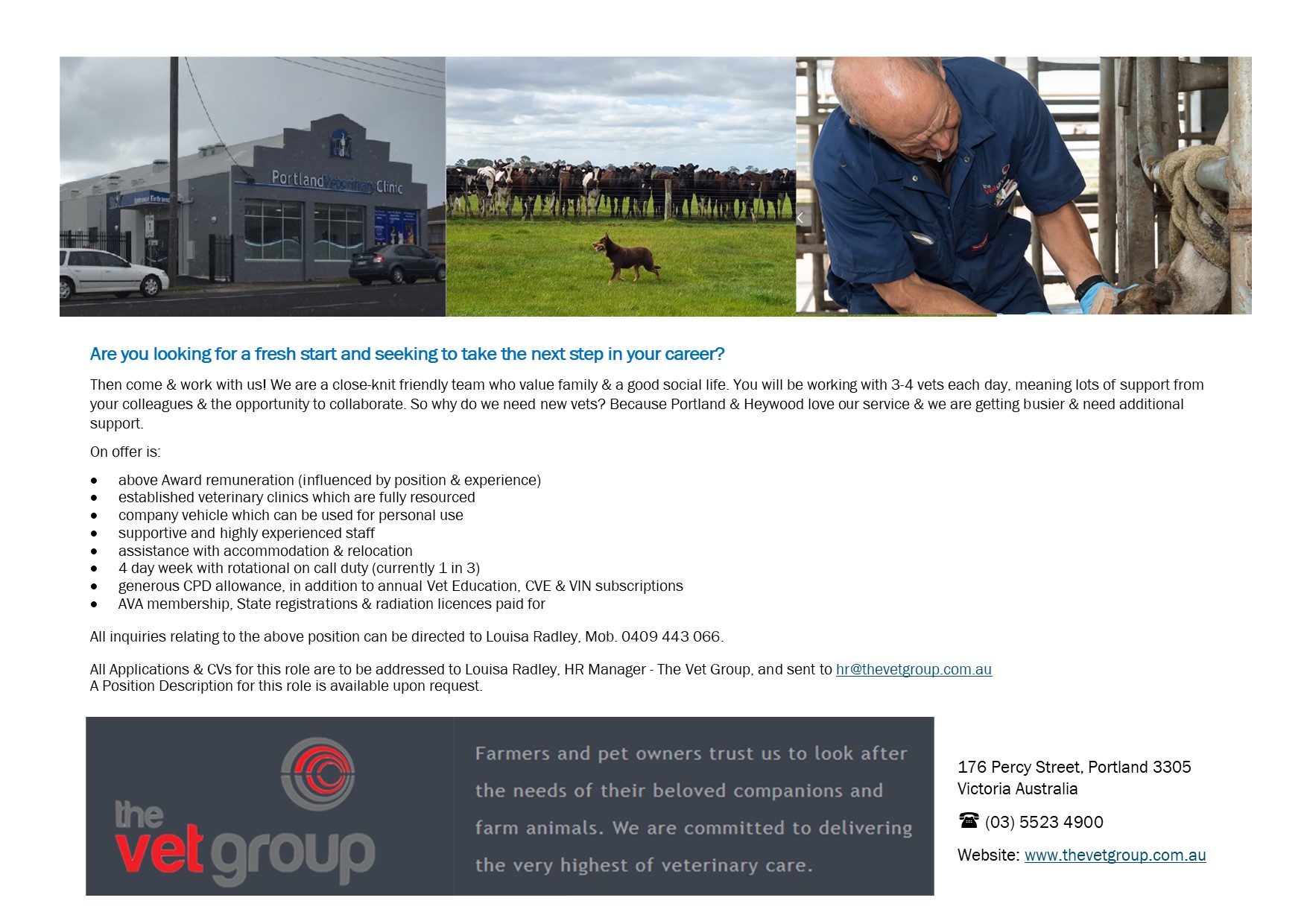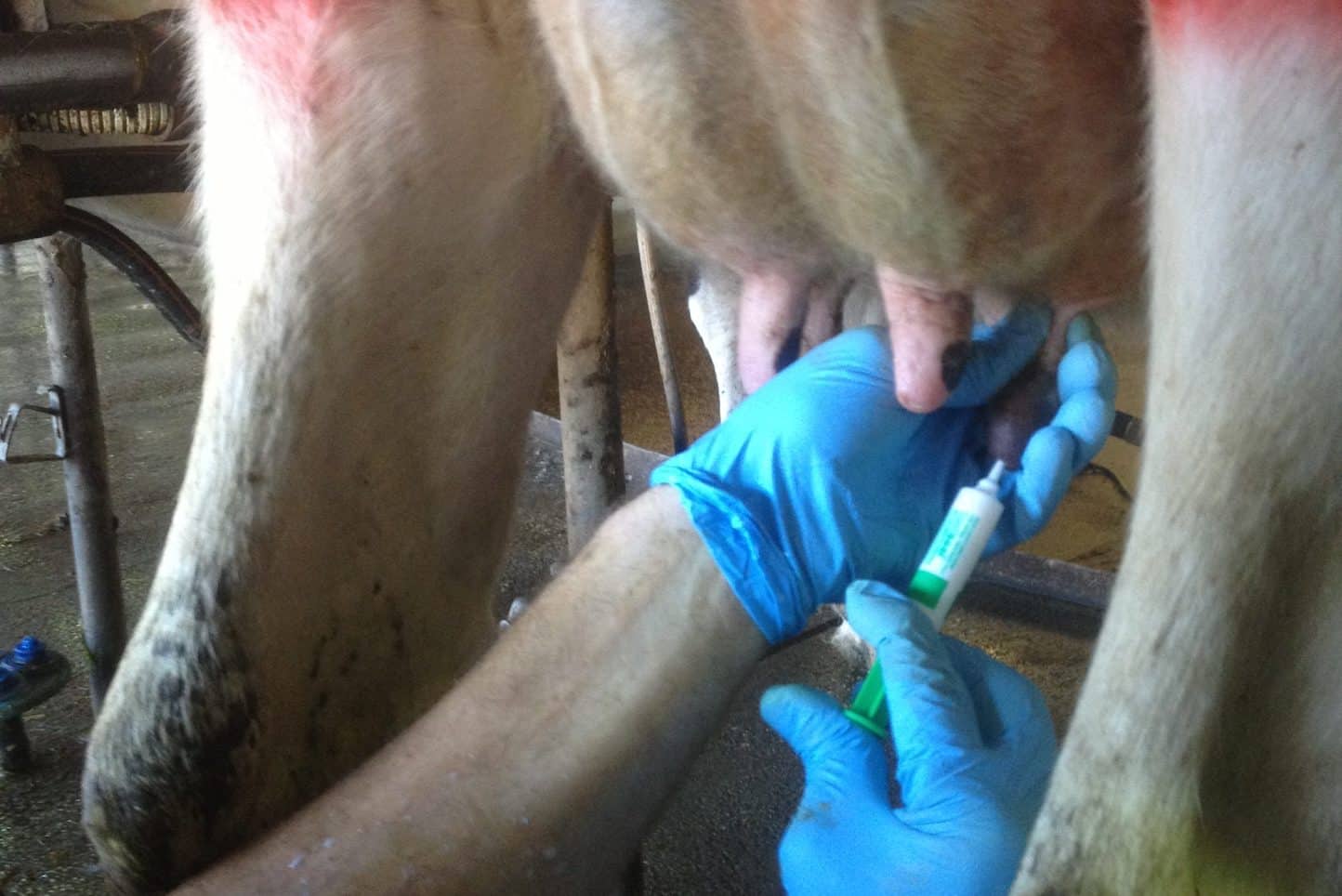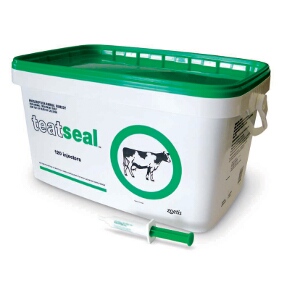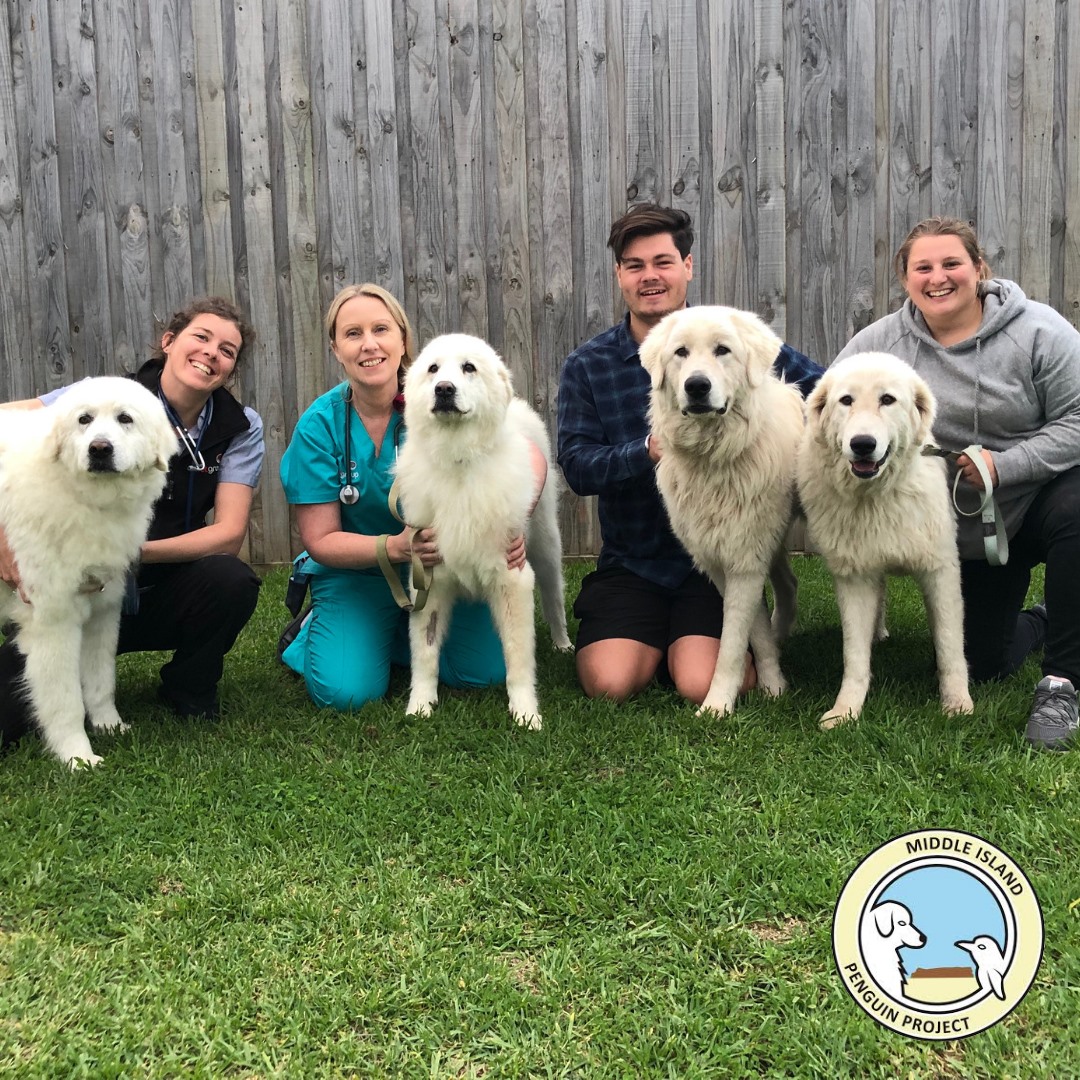Leptospirosis, or ‘lepto’, is a disease of cattle than can jump the gap into humans – where it causes mild to severe disease, including fever, meningitis and chronic carrier states. A disease that jumps from animals into humans is called a ‘zoonosis’ and lepto is one of the more common, and preventable, zoonotic diseases in the world.
Lepto is caused by a bacteria that can live in water sources, damp soil, in rats and mice, and inside carrier cows. The lepto bacteria live in the kidneys of the infected animal. They are shed in urine, which infects other animals directly or through contamination of water sources.
All it takes for lepto to get into your bloodstream is a single drop of urine into your eye or mouth or onto a cut in your skin. A survey in the Warrnambool area in 2017 showed that 1 in 12 herds have cows shedding lepto in their urine. This disease is common!
How does Leptospirosis present in a dairy herd?
A lepto infection in a herd can present in a few different ways:
- Sick calves with red wine-coloured urine (from damage to blood cells)
- Aborting cows
- ‘Flabby bag’ mastitis outbreaks (clots in all 4 quarters with a flat, empty udder)
A few years ago, we investigated a flabby bag mastitis outbreak in the Warrnambool area. It involved only first calvers. They went off their grain and milk for 48 hours and developed mild clots in all 4 quarters at the same time. Each cows individual somatic cell count (ICCC) skyrocketed, often toover 6,000,000. This caused the herd’s BMCC to jump from 70,000 to around 200,000 each time a new case occurred.
What could we do whilst waiting for results?
Around 10 cases occurred and because this seemed most likely to be lepto, we decided to vaccinate the entire herd with Ultravac 7-in-1. The cows had been done as calves, with a booster 4 weeks after the first dose, but had not been vaccinated since. But to actually prevent lepto, the vaccine needs to be done every year (most people do this at dry off).
As soon as we gave the vaccine dose – all new cases stopped! Not a single new case occurred, and blood results received a week or so later confirmed our suspicions – that this was leptospirosis.
We thought it was all over, but 2 weeks later 4 cows aborted. Leptospirosis can cause abortion any time from 2 to 8 weeks after the initial infection, at which point there is nothing you can do as infection is long established. All you can really do is wait and hope that it won’t be too bad.
Luckily, after those 4 abortions, things returned to normal on this farm. The BMCC went back to normal, there were no more flabby bag mastitis cases, no more abortions. And now they have a good vaccine plan in place, things should stay that way.
What does this case teach us?
- Lepto presents in different ways (such as abortions and flabby bag mastitis)
- Ultravac 7-in-1 is very good at preventing lepto infection, and therefore preventing shedding of lepto bacteria in urine
- Two shots of 7-in-1 as calves isn’t enough – every animals needs a booster shot once yearly to prevent infection
- The repercussions of lepto can be high, and that’s before you even take into account the potential for you to catch it!
If you want to know any more about lepto, or how to make sure your vaccine protocols are effective for lepto (and any other diseases), then don’t hesitate to get in contact.


